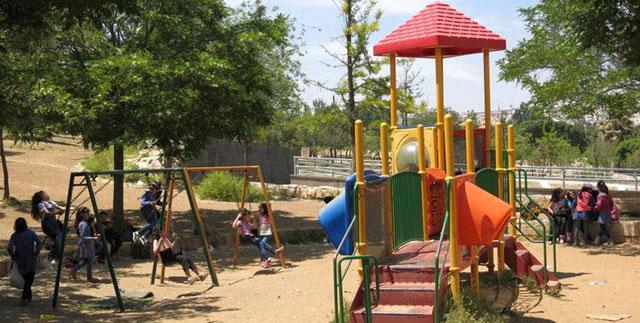- Local News
- Web-2020-07-15 | 03:20 pm

Designated by the General assembly in 2014, the World Youth Skills Day is an opportunity for young people, technical and vocational education and training (TVET) institutions, and public and private sector stakeholders to acknowledge and celebrate the importance of equipping young people with skills for employment, decent work and entrepreneurship, according to the UN website
Prior to the current crisis, young people aged 15-24 were three times more likely than adults to be unemployed and often faced a prolonged school-to-work transition period, it said.
In post-COVID-19 societies, as young people are called upon to contribute to the recovery effort, they will need to be equipped with the skills to successfully manage evolving challenges and the resilience to adapt to future disruptions, the UN said.
In light of the restrictions presented by the COVID-19 crisis, the UN took its panel session to the virtual format, under the theme "Skills for a Resilient Youth”, bringing together multiple stake holders in skills development.
"The focus will be on helping young people be more resilient to changes caused by the current crisis and in the world of work in general,” according to the International Labour Organisation.
With 63 per cent of its population under the age of 30, Jordan has one of the youngest populations in the world, according to UNICEF.
Bayan Hatem, 22, who graduated in 2019, said that she had participated in training programmes for a whole year in the hope of developing her skills that would match today’s labour market demands.
"Before the pandemic, accessing the labour market was hard and challenging due to economic difficulties. It is crucial for youth to learn a new skill or even develop an existing one, in order to engage in self-employment in case they do not find an adequate job,” Hatem told The Jordan Times over the phone.
Meanwhile, Noor Manaseer, an instructor at an educational institute, said that they focus on lifelong skills in education, gearing towards helping young kids to build "a brighter future”.
"Everything starts with those basic skills that could
change communities, and later on those same kids will have the power to
make all the difference in the world,” Manaseer said.









